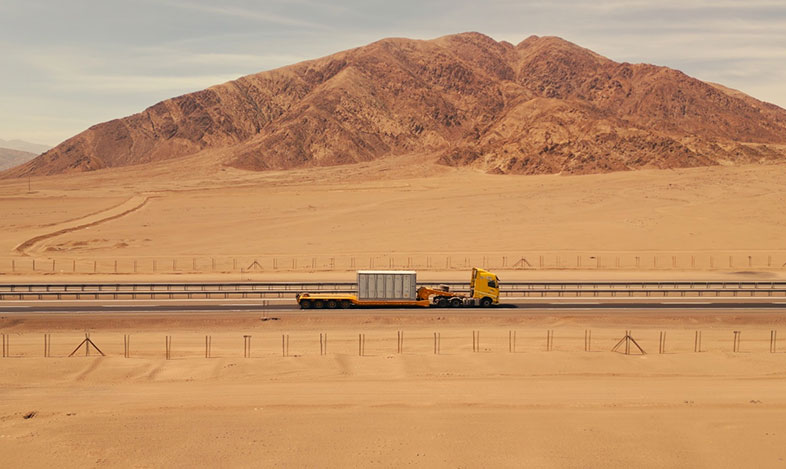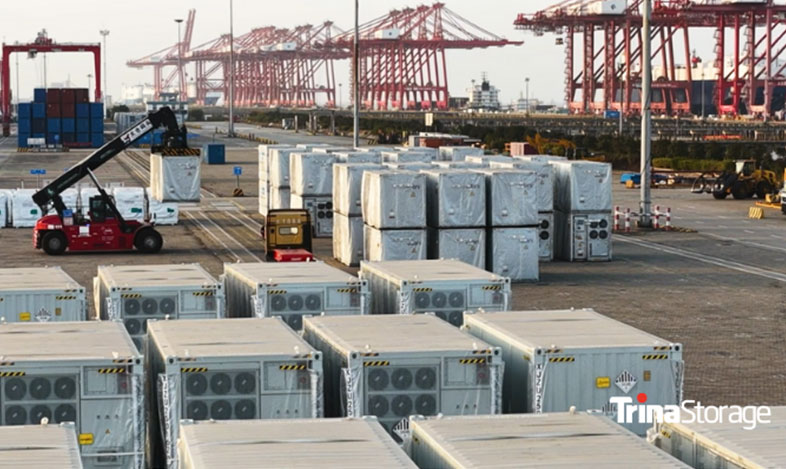
Select region / language
CHINA
NA
LAC















Leading Sustainability with the SOLAR Philosophy
Sustainability
Trinasolar adheres to the vision of sustainable development, “To walk towards light, to walk steadily and to make progress, and to use solar energy for the benefit of all mankind”, and builds the unique SOLAR sustainable development management concept.
Trinasolar adheres to the vision of sustainable development, “To walk towards light, to walk steadily and to make progress, and to use solar energy for the benefit of all mankind”, and builds the unique SOLAR sustainable development management concept.
S
Sustainability
O
Optimization
L
Leading
A
Action
R
Responsibility


